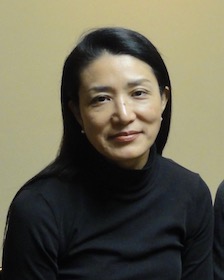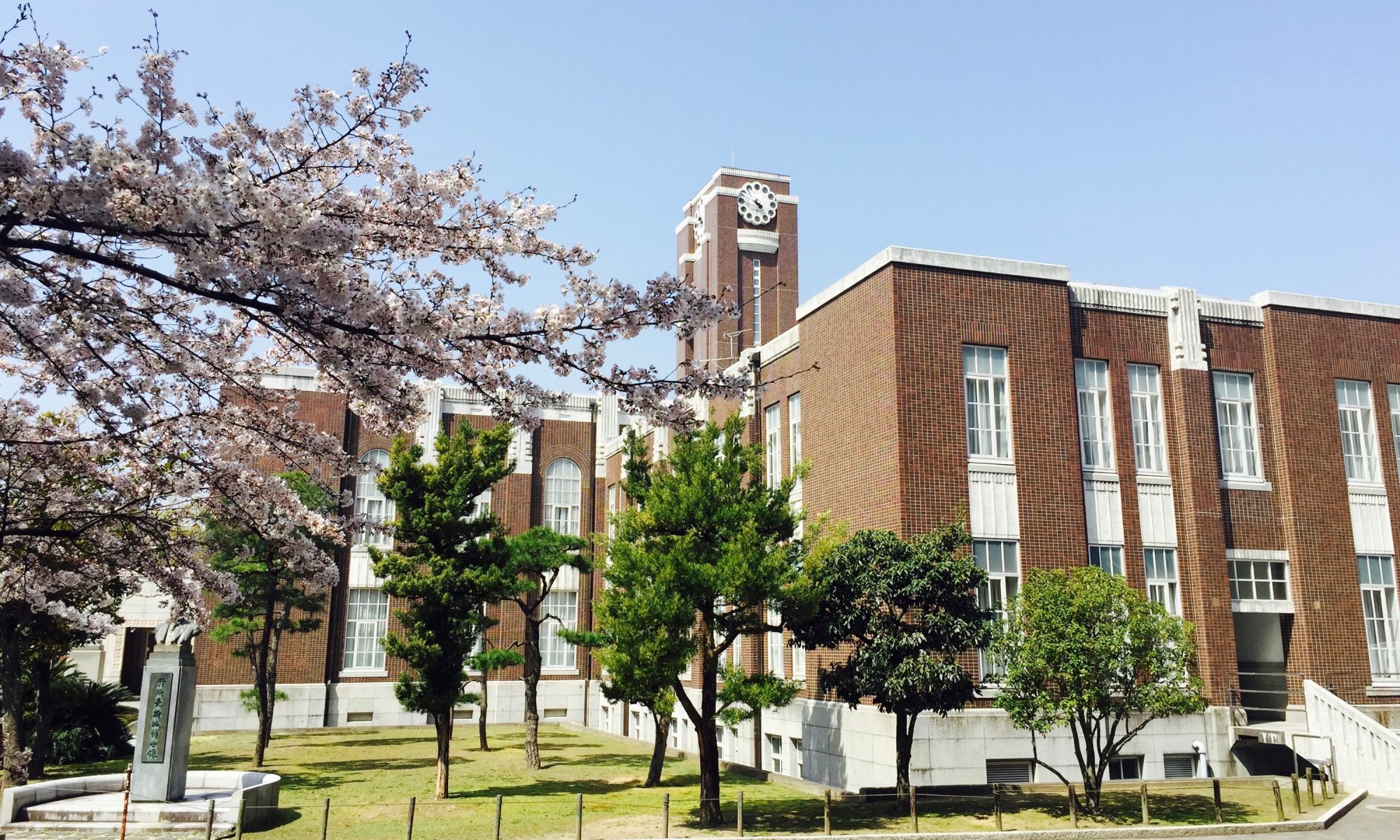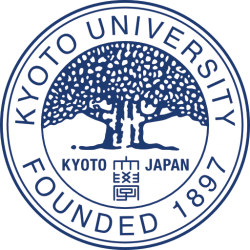Academic Staff

Position
Professor
Chair of Division | Focus Advisor VMC
Contact Information
+81 750 753 2746
Kyoto University
Graduate School of Letters
Yoshida honmachi, Sakyō-ku
Kyoto 606-8501
Room: Faculty of Arts Build. [7], 3rd floor, room 304
By appointment only.
Mitsuyo WADA-MARCIANO teaches the introductory course for Transcultural Studies and visual culture seminars. She is specialized in Japanese and East Asian cinemas with focus on digital media, film archive, documentary, ecocinema, and queer cinema.
Ph.D. in Film Studies, The University of Iowa
M.A. in Cinema Studies, New York University
Post-Fukushima Documentary and Visual Culture, Film and Other Moving Image Archiving, East Asian Cinemas, Ecocinema, Queer Theory and Queer Visions, Feminist Film Theory in Documentary.
Transculturality, Digital Archive, Documentary, Ecology, Anti-Nuclear, Queer Theory, Feminism
Mitsuyo WADA-MARCIANO’s research interests are Japanese cinema, especially its relationship to the post-Fukushima Japanese society, the impact of digital technology on film archiving, queer theory, and East Asian cinemas in global culture.
She is the author of Nippon Modern: Japanese Cinema of the 1920s and 1930s (University of Hawai‘i Press, 2008; the Japanese translation was published by Nagoya University Press in 2009); and Japanese Cinema in the Digital Age (University of Hawai‘i Press, 2012; the Japanese translation was published by Nagoya University Press in 2010); No Nukes:〈Post-3.11〉 eiga no chikara, âto no chikara [No Nukes:〈Post-3.11〉 Power of Cinema and Power of Art] (Nagoya University Press, 2021). The translation of the latest book is scheduled to be published from Amsterdam University Press in 2023, titled Japanese Filmmakers in the Wake of Fukushima: Perspectives on Nuclear Disasters.
She is also the editor of “Sengo” Nihon eiga-ron: 1950 nendai eiga kara mieru genzai [Viewing “Postwar” in the 1950s Japanese Cinema] (Tokyo: Seikyûsha, 2012); 〈Post-3.11〉 media gensetsu saikô [Reconsidering Media Discourses in the Age of 〈Post-3.11〉] (Hosei University Press, 2019); and the co-editor of Horror to the Extreme: Changing Boundaries in Asian Cinema (Hong Kong University Press, 2009). She has been conducting a new research project on film archiving in and outside Japan supported by the Grants-in-aid for Scientific Research (Japan Society for the Promotion of Science) since 2020.
2018 – Present
Professor, Graduate School of Letters, Kyoto University
2014 – 2018
Professor of Film Studies in School for Studies in Art and Culture, Carleton University (Ottawa, Canada)
2013, 2015, 2016
Visiting Professor, Graduate School of Letters, Kyoto University (Kyoto, Japan)
2009 – 2014
Associate Professor of Film Studies in School for Studies in Art and Culture, Carleton University (Ottawa, Canada)
2002 – 2009
Assistant Professor of Film Studies in School for Studies in Art and Culture, Carleton University (Ottawa, Canada)
2000 – 2002
Assistant Professor of Film Studies in Department of German, Russian, and Asian Languages and Literatures, Tufts University (Boston, USA)
[1] Wada-Marciano, M. 2021. No Nukes: 〈Post-3.11〉Eiga no chikara, ato no chikara [No Nukes: 〈Post-3.11〉 Power of Cinema and Power of Art]. Nagoya: Nagoya University Press.
[2] Wada-Marciano, M. (eds). 2021. 〈Post-3.11〉 Media gensetsu saiko [Reconsidering Media Discourses in the Age of 〈Post-3.11〉]. Tokyo: Hosei University Press, 2019.
[3] Wada-Marciano, M. 2012. Japanese Cinema in the Digital Age. Honolulu: University of Hawai‘i Press.
[4] Wada-Marciano, M. (eds). 2012. “Sengo” Nihon eiga-ron: 1950 nendai eiga kara mieru genzai [Viewing “Postwar” in the 1950s Japanese Cinema]. Tokyo: Seikyusha.
[5] Wada-Marciano, M. 2010. Degiraru jidai no Nihon eiga: Atarashii eiga no tameni[Japanese Cinema in the Digital Age: For the New Cinema]. Nagoya, Japan: Nagoya University Press.
[6] Wada-Marciano, M. 2009. Nippon modan: Nihon eiga 1920-1930-nendai [Nippon Modern: Japanese Cinema of the 1920s and 1930s]. Nagoya: Nagoya University Press.
[7] Wada-Marciano, M., Choi, J. (eds). 2009. Horror to the Extreme: Changing Boundaries in Asian Cinema. Hong Kong: Hong Kong University Press.
[8] Wada-Marciano, M. (eds). 2009. Unfinished Business: The Endless Postwar in Japanese Cinema and Visual Culture. Special Issue of Review of Japanese Culture and Society. Vol. XXI.
[9] Wada-Marciano, M. (eds). 2009. Contemporary Japanese Cinema in Transition. Special Issue of Canadian Journal of Film Studies. 18.1.
[10] Wada-Marciano, M. 2008. Nippon Modern: Japanese Cinema of the 1920s and 1930s. Honolulu: University of Hawai‘i Press.
The following information is neither exclusive nor comprehensive but covers suggestions and ideas for topics I am interested in supervising.
Possible areas of supervision:
- Digital cinema
- East Asian and Japanese cinema
- Ecology and the moving image
- Film archives, film history
- Intersectional gender studies, queer theory
- Japanese animation
- Women’s film
- World cinema
Spring Term
Introduction to Transcultural Studies (KBR/SEG/VMC).
Documentary Traditions (VMC).
Fall Term
Transcultural Asian Cinema (VMC).
Ecocinema (VMC).

